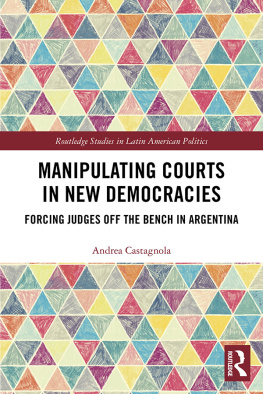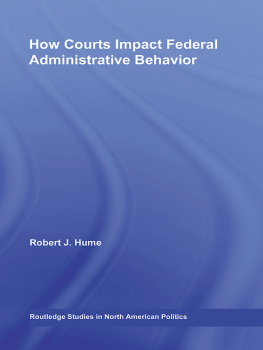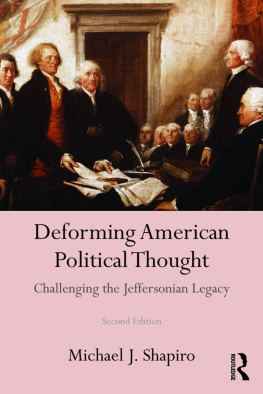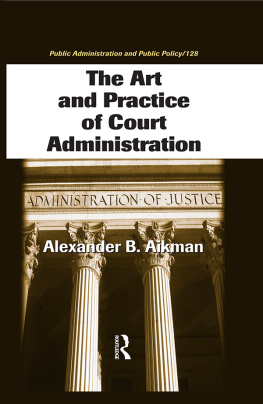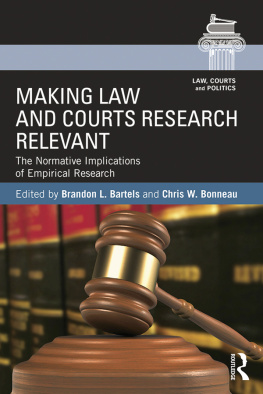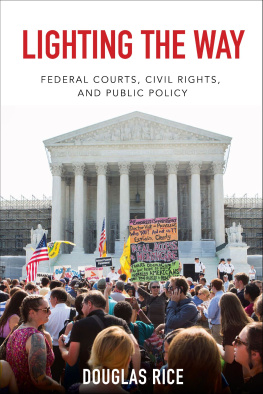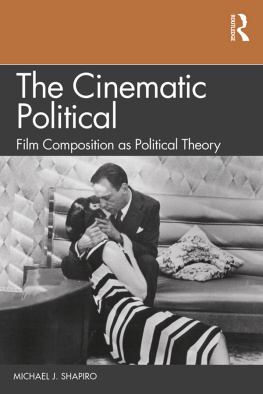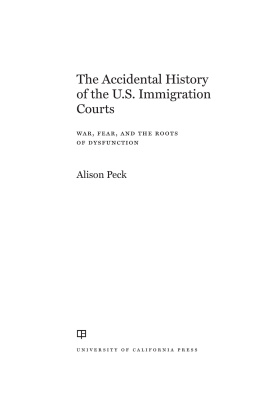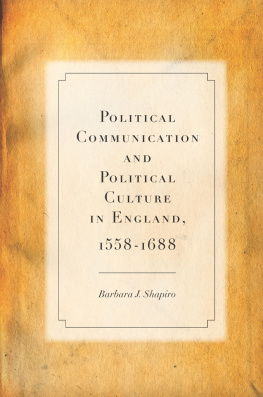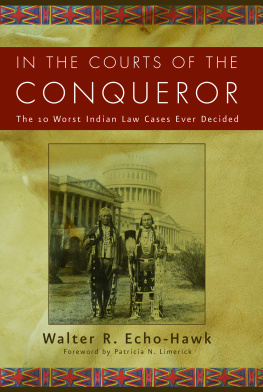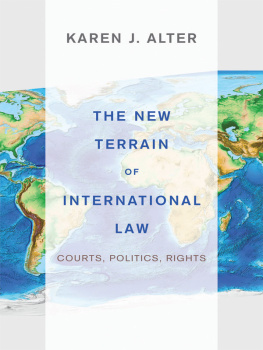Martin Shapiro - Courts: A Comparative and Political Analysis
Here you can read online Martin Shapiro - Courts: A Comparative and Political Analysis full text of the book (entire story) in english for free. Download pdf and epub, get meaning, cover and reviews about this ebook. year: 1986, publisher: University Of Chicago Press, genre: Politics. Description of the work, (preface) as well as reviews are available. Best literature library LitArk.com created for fans of good reading and offers a wide selection of genres:
Romance novel
Science fiction
Adventure
Detective
Science
History
Home and family
Prose
Art
Politics
Computer
Non-fiction
Religion
Business
Children
Humor
Choose a favorite category and find really read worthwhile books. Enjoy immersion in the world of imagination, feel the emotions of the characters or learn something new for yourself, make an fascinating discovery.

- Book:Courts: A Comparative and Political Analysis
- Author:
- Publisher:University Of Chicago Press
- Genre:
- Year:1986
- Rating:3 / 5
- Favourites:Add to favourites
- Your mark:
- 60
- 1
- 2
- 3
- 4
- 5
Courts: A Comparative and Political Analysis: summary, description and annotation
We offer to read an annotation, description, summary or preface (depends on what the author of the book "Courts: A Comparative and Political Analysis" wrote himself). If you haven't found the necessary information about the book — write in the comments, we will try to find it.
Courts: A Comparative and Political Analysis — read online for free the complete book (whole text) full work
Below is the text of the book, divided by pages. System saving the place of the last page read, allows you to conveniently read the book "Courts: A Comparative and Political Analysis" online for free, without having to search again every time where you left off. Put a bookmark, and you can go to the page where you finished reading at any time.
Font size:
Interval:
Bookmark:
THE UNIVERSITY OF CHICAGO PRESS, CHICAGO 60637
THE UNIVERSITY OF CHICAGO PRESS, LTD., LONDON
1981 by The University of Chicago
All rights reserved. Published 1981
Paperback edition 1986
Printed in the United States of America
06 05 04 02 01 00 99 98 5 6 7 8 9
ISBN-13: 978-0-226-16134-1 (e-book)
Three chapters in this book have been published previously in slightly different form: in California Law Review 68 (1980): 35081.
Library of Congress Cataloging in Publication Data
Shapiro, Martin M.
Courts, a comparative and political analysis.
Includes bibliographical references and index.
1. Courts. 2. Judicial process. I. Title.
K2100.S5 347'.01 8018263
ISBN: 0-226-75043-4 (paper)
 The paper used in this publication meets the minimum requirements of the American National Standard for Information SciencesPermanence of Paper for Printed Library Materials, ANSI Z39.481992.
The paper used in this publication meets the minimum requirements of the American National Standard for Information SciencesPermanence of Paper for Printed Library Materials, ANSI Z39.481992.
COURTS
A COMPARATIVE AND POLITICAL ANALYSIS
MARTIN SHAPIRO
THE UNIVERSITY OF CHICAGO PRESS
CHICAGO AND LONDON
To J. A. C. Grant, Foster Sherwood, and Currin Shields in whose undergraduate courses this book began.
CONTENTS
PREFACE
This book has two purposes and so ought to have two prefaces. The first is very short and is addressed to those who teach courses in judicial process, comparative legal systems, and the like. This book has been written with an eye to such courses. It does not presuppose any previous knowledge of law or of the legal systems it examines. It is written in as direct a style as I can manage. are as applicable to American courts as to those of other nations and the chapter concludes with a brief survey of communist courts. So this book may be supplemented conveniently with additional materials on American or communist courts or both.
The second preface is more complex. I think it is fair to say that comparative law has been a somewhat disappointing field. For the most part it has consisted of showing that a certain procedural or substantive law of one country is similar to or different from that of another. Having made the showing, no one knows quite what to do next. Or, alternatively, comparison consists of presenting descriptions of a number of legal systems side by side, again with no particular end in view. The law reformer can sometimes use the knowledge built up in these ways to suggest the transplantation of a foreign legal device that seems to work better than a native one. His opponents will then use their comparative sophistication to show that most devices are too intimately connected with their own legal systems to travel well.
This book takes the hardly novel position that the comparative method is a substitute for the experimental method, not a terribly satisfactory substitute but one pressed upon us by the impossibility of putting laws and nations in test tubes and bubble chambers. The rationale of the book is simple. A number of propositions about courts are offered. My own position toward each of the propositions is then tested against the worst case, that is against that body of known legal phenomena most likely to falsify my position. The accumulated scholarship of comparative law is used as a catalogue for searching out these worst cases. The purpose is to move toward a more general theory of the nature of judicial institutions.
is devoted largely to the realm of conflict resolution, in which the best case can be made for them. It seeks to demonstrate that even in this realm courts are much less independent and adversarial than the prototype suggests and much less prone to follow preexisting legal rules or arrive at winner-take-all decisions. The main theme of this portion of the chapter is that courts seek to elicit the consent of the parties to their judgments by introducing important elements of mediation and compromise rather than simply imposing legally authoritative decisions in which the party whom they declare to be legally in the right wins and the loser is compelled to obey the courts command. More generally I argue that mediation and litigation are invariably intimately interconnected and interactive rather than distinct alternatives for conflict resolution.
then does briefly survey social control and lawmaking by courts. In the process emphasis is placed upon the role of courts within political regimes. More particularly, the proposition is put forward that appeal, which is usually viewed as a process for the vindication of individual legal rights, is more properly seen as a device by which central political regimes consolidate their control over the countryside.
In each of the succeeding chapters a particular legal system is chosen for analysis because it is most likely to contradict a particular position I have adopted in places the conventional prototypes insistence that judges decided by the application of preexisting legal rules in the context that appears to be most favorable to it and least favorable to my questioning of it. That context is the civil law system in which judges are supposed to be strictly bound by codes.
Because I have asserted in is a study of the one major legal system that is reputed not to have appeal at all, that of traditional Islam.
Both prefaces may now join hands in the thanksgiving ritual. Portions of the materials in this book have appeared previously in the North Carolina Law Review and the Handbook of Political Science published by the Addison Wesley Publishing Co. and appear here by their kind permission. Indeed Fred Greenstein, who together with Nelson Polsby edited the Handbook, is responsible for having goaded me into producing what is now .
Most of my writing has flowed pretty directly out of my experiences as a student and a teacher so that I confess to being a bit puzzled by the research versus teaching bout featured in the academic ring. I owe a great deal to my undergraduate political science department at U.C.L.A., to three of whose members this book is dedicated. One of my former colleagues in the School of Social Sciences at U.C. Irvine says in a preface that there must be something special about a school and a dean, Jim March, who will buy a grand piano for a sociology lab. My own improvisations at Irvine were of a different sort but equally tolerated. And my continuing thoughts on the subject of this book are encouraged by my colleagues in the Law School at Berkeley and the Political Science Department at U.C. San Diego, whose joint tolerance allows me to temper the rigors of Berkeley law with occasional immersions in the warmth of San Diego political science.
Barbara Shapiro has made some contributions to this book, not all properly credited in the footnotes. Our daughter Eve, however, is not a fan of history and social studies.
THE PROTOTYPE OF COURTS
Students of courts have generally employed an ideal type, or really a prototype, of courts involving (1) an independent judge applying (2) preexisting legal norms after (3) adversary proceedings in order to achieve (4) a dichotomous decision in which one of the parties was assigned the legal right and the other found wrong. The growth of political jurisprudence Such a tactic is unconvincing because, if we examine what we generally call courts across the full range of contemporary and historical societies, the prototype fits almost none of them. Defense of the prototype thus seems fruitless. A study of courts that is essentially the measurement of deviance from a type that is rarely approximated in the real world would appear to be equally fruitless.
The Logic of the Triad in Conflict Resolution
Perhaps it would be wise to begin over, employing a root concept of courtness but more freely accepting the vast variety of actual social institutions and behaviors loosely related to that concept without worrying about where true courtness ends and something else begins. For in reality there are few if any societies in which courts are so clearly delineated as to create absolute boundaries between them and other aspects of the political system.
Next pageFont size:
Interval:
Bookmark:
Similar books «Courts: A Comparative and Political Analysis»
Look at similar books to Courts: A Comparative and Political Analysis. We have selected literature similar in name and meaning in the hope of providing readers with more options to find new, interesting, not yet read works.
Discussion, reviews of the book Courts: A Comparative and Political Analysis and just readers' own opinions. Leave your comments, write what you think about the work, its meaning or the main characters. Specify what exactly you liked and what you didn't like, and why you think so.

